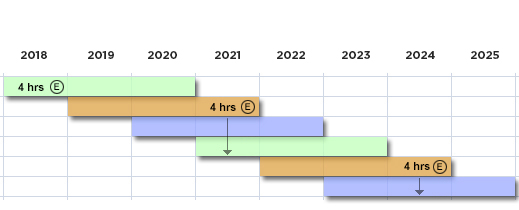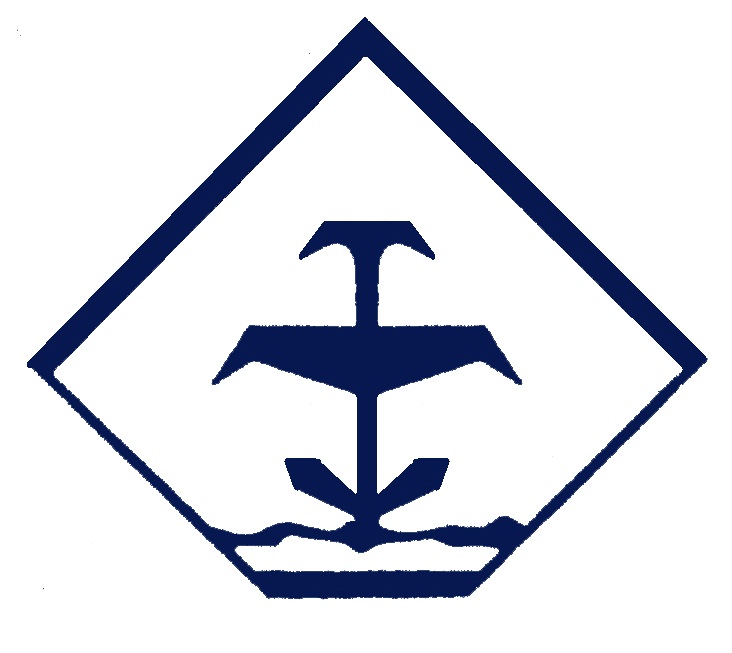CPA Canada会员后续教育道德课程要求详情
4-Hour Verifiable Ethics Requirement
New CPA, CGAs admitted to membership are required to complete a specific seven-hour rules and standards course as a condition of membership. Please refer to the CPD FAQs for more information.
Governance Authority
Bylaw Regulation 600/2(2) states that “… every member must complete … a minimum of 120 qualifying hours of continuing professional development during each rolling three-calendar year period, including at least 60 verifiable qualifying hours, of which at least four are ethics hours.”
Bylaw Regulation 600/1 defines ethics hours as “verifiable qualifying hours in professional ethics satisfying criteria approved by the Membership Committee.”
Requirement
Every member, unless otherwise exempt, must complete a minimum of 120 qualifying hours of continuing professional development during each rolling three-calendar year period, including at least 60 verifiable qualifying hours, of which at least four are professional ethics hours.
As required under Rule 203 of the CPABC Code of Professional Conduct, “A member shall sustain professional competence by keeping informed of, and complying with, developments in professional standards in all functions in which the member provides professional services or is relied upon because of the member’s calling.” In addition to this, members, unless otherwise exempt, must complete a minimum of four-hours of verifiable CPD in professional ethics in each rolling three-calendar-year period.
Guidance
Continuing Professional Development (CPD) is learning that develops and maintains professional competence to enable members to continue to perform their professional roles. Any learning and development that is relevant and appropriate to a member’s work and professional responsibilities and growth as a CPA will qualify for CPD.
Just like other verifiable learning activities, the professional ethics requirement can be fulfilled through CPABC or other sources. The four hours can be accumulated through various separate professional ethics learning activities over the three years. Professional ethics learning activities must go beyond an awareness of the law, standards or guidelines. The learning activity must address the application of ethical principles or theories to the laws, standards or guidelines relevant to the member’s work and professional responsibilities.
Professional ethics CPD can cover a wide range of topics related to ethics and ethical decision making. Examples of professional ethics topics include, but are not limited to, the following:
- CPABC regulatory updates covering the CPABC Act, Bylaws, Bylaw Regulations and Code of Professional Conduct
- Regulatory updates that are relevant and appropriate to the member’s role or industry
- Professional conduct
- Corporate codes of conduct
- Independence/conflict of interest
- Ethical decision making, approaches, thinking and case studies
- Ethical business culture
- Corporate social responsibility
- Honesty in business practice
- Bribery and corruption
- Doing the right thing
- Reputation and risk
- Whistle-blowing
- Anti money-laundering
Illustration #1:
If a member obtains all four-hours of professional ethics in 2018, the deadline by which they will be required to complete the ethics requirement again is in 2021, and so on. The requirement is applied on a rolling three-calendar-year period. See example:

Illustration #2:
If a member accumulates the four-hours of professional ethics over multiple years in the rolling three-calendar-year period of 2018-2020, the member should be mindful that any professional ethics completed in 2018 will “fall off” the CPD totals for the rolling three-calendar-year period of 2019-2021. In 2021, the member will be required to ensure that they have accumulated four professional ethics hours in the rolling three-calendar-year period of 2019-2021, and so on.
See example:


